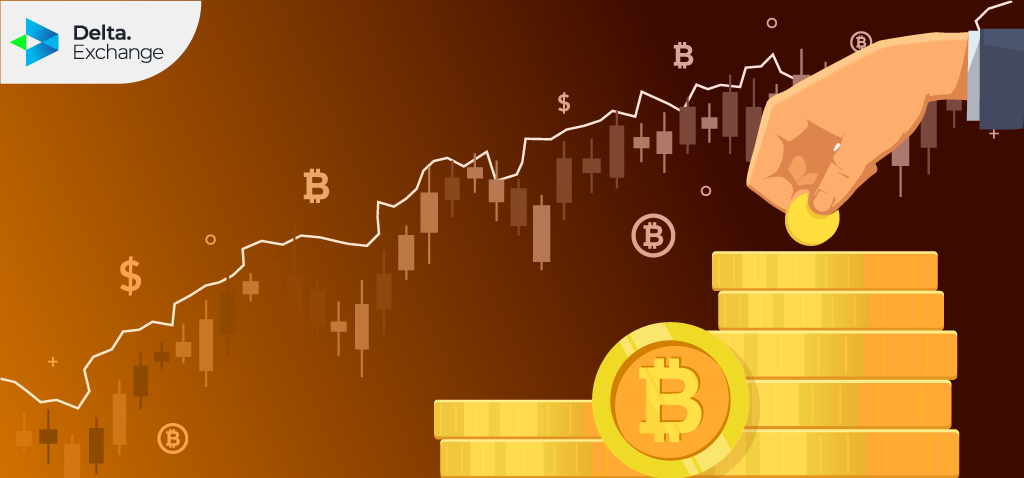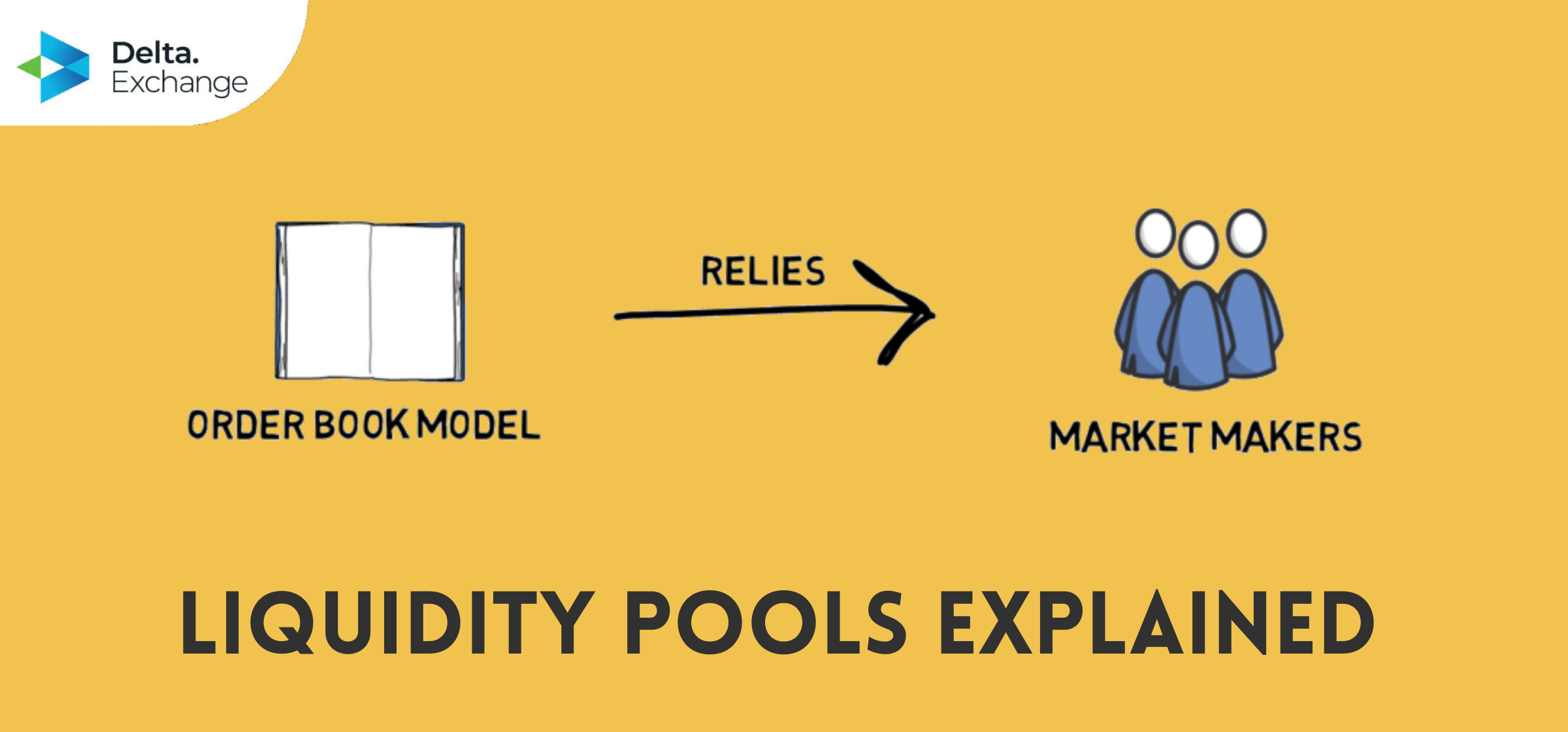Educational
November 5, 2021
What is Staking?
Shubham GoyalProduct Specialist
What is Staking?
Staking is the practice of supporting networks and their security, operations, or both without the need for mining. Staking entails keeping assets in the form of cryptocurrencies to back up networks and their security, operations, or both with an act known as “staking.” Simply stated, you’re locking away your coins in the hopes of earning incentives usually in the form of profit.
Staking, in comparison to keeping fiat money, requires more monitoring and attention. Users are more alert and wary if they believe they’re being scammed or not, which might be caused by being too trusting with anybody who claims to have access.
What is Proof of Stake (PoS)?
Bitcoin, the original and most popular crypto to date was established on the basis of facilitating exchange between users while eliminating the need for an intermediary. The network works like a conventional ledger hence the name: Distributed Ledger Technology(DLT) a.k.a blockchain. The blockchain facilitates these transactions through the use of ‘miners’.
The job of these miners is to validate blocks of transactions by solving complex problems. While this might seem straightforward, the process, which is called ‘proof-of-work’ is extremely computer-intensive and requires vast amounts of computing power.
Proof-of-stake is an alternative to the conventional proof-of-work system that removes the need for excessive amounts of computing power. It makes the process of validating transactions significantly easier and reduces the effects of mining on the environment.
How Does Staking Work?
Proof-of-stake validates transactions by giving the job of validation to those with a ‘stake’ in the network. Staking in the network simply means locking away a portion of your holdings in the network to provide liquidity. The exact process of staking varies depending on the network but the general idea of locking your coins is uniform across the board.
Locking your coins in this way comes with added incentives. First, you earn a percentage return on what you stake. Thus, the more you stake, the more you earn. This is a core tenet of the staking system and is what attracts most people to it.
Along with the profits gained, a lesser-known but even more important feature of staking is its ability to give you a voice on the system. As earlier stated, proof-of-stake validates transactions by delegating approval of transactions to system users. Staking is the link between these users and the system. Users that have coins staked earn the right to validate transactions on the network they are staked on.
Due to this, you will need to accurately verify transactions to ensure that the system integrity is kept as a reduction in integrity will lead to a corresponding drop in price which will put your investment at risk.
How Are Staking Rewards Earned?
The staking reward formula varies depending on who you ask. Some believe that adjusting them block-by-block with an algorithm based in part on how long one has been mining or keeping bitcoins, while others feel this type of system only rewards pool participation and is less desirable for solo miners; However, because it would need monitoring and managing people.
In the case of other networks, validators are rewarded a specific proportion of their profits. This encourages customers to spend their bitcoins rather than hoarding them, which may lead to increased usage as cryptocurrencies with inflation are more useful in this type system because it offers incentives for people who want or need access.
What Are The Risks of Staking?
Like many things, associated with cryptocurrency and investments in general, staking comes with its risks. While it is a great way to earn passive income for coins you hold, there are a few risks inherent to staking in particular and cryptocurrency, in general, that must be noted before staking your hard-earned money.
Staked coins are prone to market volatility the same way coins held in wallets are. Because these coins are not held in your traditional wallet, it can be easy to forget them during periods of high volatility. As a result, a 100 dollar investment in a network could easily halve in value during particular rough patches of market volatility.
Staked coins can even more so be affected by volatility than your regular holdings. Some networks and projects do not allow access to your staked crypto during the staking period. With this, even if you are able to anticipate a swing before it happens, you could be left with no recourse but to watch your holdings dwindle anyway.
Factors that can affect Staking Rewards:
- The Locking period
- Amount of Liquidity and Volatility
- The Validator Status
- Commission for Validator
- Duration of Rewards
Closing Thoughts
Proof of Stake is a relatively new consensus system and as such has a lot of kinks that still need to be worked on. That being said, staking is a great way to earn passive income for coins that would have just sat in your wallet gathering dust while you waited for price swings to bring in profits. With staking, you can now earn even more crypto than you had just for keeping these coins in pools.
Along with the profit, an added incentive of staking is the fact that it strengthens the network you stake on by providing liquidity and security.
Regardless, as with all things crypto-related, there is no substitute for your personal research. Your research bolsters your belief in the network you have chosen to stake in and that belief will allow you to ride out the highs and lows.
FuturesTrade Futures & Perpetual Swaps on 25+ crypto assets, with up to 100x leverage
OptionsTrade call, put or MOVE options on BTC, ETH, BNB and LINK
Interest Rate SwapsInterest rate derivatives that enable swap of fixed-floating rates
Mock Trading PlatformLearn Crypto Derivatives trading without risking real capital
Research & AnalyticsExclusive data, charts and analytics to help you trade smarter











